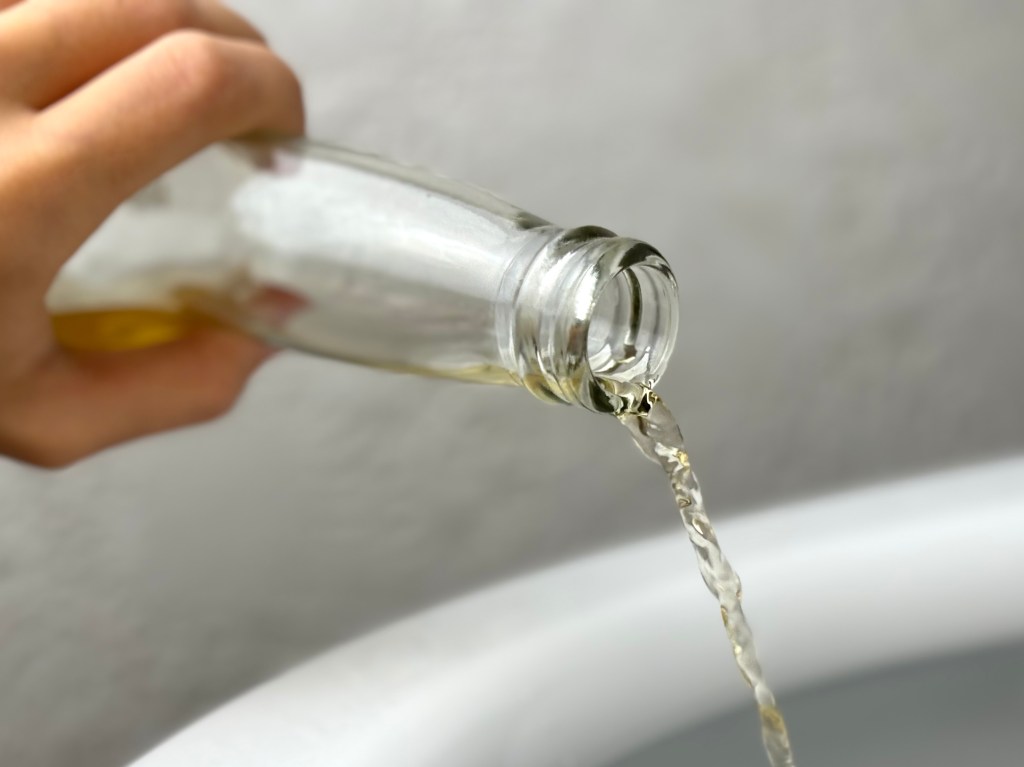With a sobering new report from the US surgeon general arguing that alcohol should carry an advisory label warning of increased cancer risk, more and more people may be committing to a dry January this year.
Giving up alcohol has a number of proven health benefits, from improved sleep to weight loss and improved mood.
And with Surgeon General Vivek Murthy’s office noting that alcohol is the third leading preventable cause of cancer in the United States — and that alcohol consumption increases the risk of “at least seven types of cancer,” including breast, colon fat and the liver – it’s clear that abstinence also has some long-term positives.
But Courtney Smith, RD, a diabetes specialist and founder of Keys to Nutrition, told The Post there are key steps to making the most of this wellness trend.

“Alcohol can increase the risk of cancer for basically everything it touches,” Smith said. “When you drink, that risk increases from your mouth to your rectum, your entire gastrointestinal system. This covers cancer of the mouth, cancer of the larynx, cancer of the throat, cancer of the esophagus, cancer of the colon and cancer of the rectum.
It certainly makes the cap feel more dangerous.
According to Smith, to reap the full benefits of Dry January, people should consider giving up alcohol on a more permanent basis — or at least cutting back.
She said there is no “safe” amount of alcohol to consume, as any amount increases the risk of developing cancer.
And while any reduction is associated with reduced risk, Smith recommends a curiously popular look beyond the end of January for the ultimate benefit.
“People should think about reducing their alcohol consumption as a permanent lifestyle change,” she said.
In September, the American Association for Cancer Research reported that 5% of all cancer cases are caused by drinking alcohol. They also found that 51% of Americans are unaware that alcohol increases the risk of cancer.
Smith claims that the dangers of drinking have been deliberately suppressed in the news media.
“Cancer is a known carcinogen. I believe the liquor companies have spent a lot of money making it a little known fact,” she said.
There are several ways that drinking alcohol can contribute to an increased likelihood of developing cancer.
“Alcohol breaks down into acetaldehyde, a toxin that damages the DNA of cells. As a toxin, it increases oxidative stress, which increases the risk of cancer,” she added.

Alcohol can also affect our hormones, which affect the growth and division of our cells. When compromised, there is room for cancer to develop. Additionally, drinking interferes with the body’s ability to absorb nutrients such as iron, selenium, folate, and vitamins A, B1, B6, C, D, E, and K.
Furthermore, excessive alcohol intake can contribute to weight gain, and being overweight or obese has been linked to a higher risk of getting 13 types of cancer, including breast, liver, ovarian, kidney, thyroid, colon and rectum.
Smith notes that alcohol consumption is directly and dangerously linked to breast cancer.
“Alcohol increases estrogen levels, changing breast tissue, which results in DNA damage. This is thought to be why alcohol increases the risk of breast cancer in women. For women and breast cancer survivors, the recommendation is to avoid alcohol altogether or use it sparingly.”
One in six cases of breast cancer can be attributed to alcohol.
Dr. Cindy Cen, a surgical oncologist at Northwell Health Cancer Institute, Lake Success, told The Post that this fact is often surprising. her patients.
“They’ve heard it’s good for heart health. Some red wines have, in the past, been touted as good for your health – but in fact, these links have been questioned,’ she said.
Although Cen doesn’t think people should give up alcohol, she recommends fewer than one or two drinks a week: “Less is better than more, and none is better than all.”
#cancer #risk #winter #wellness #trend
Image Source : nypost.com